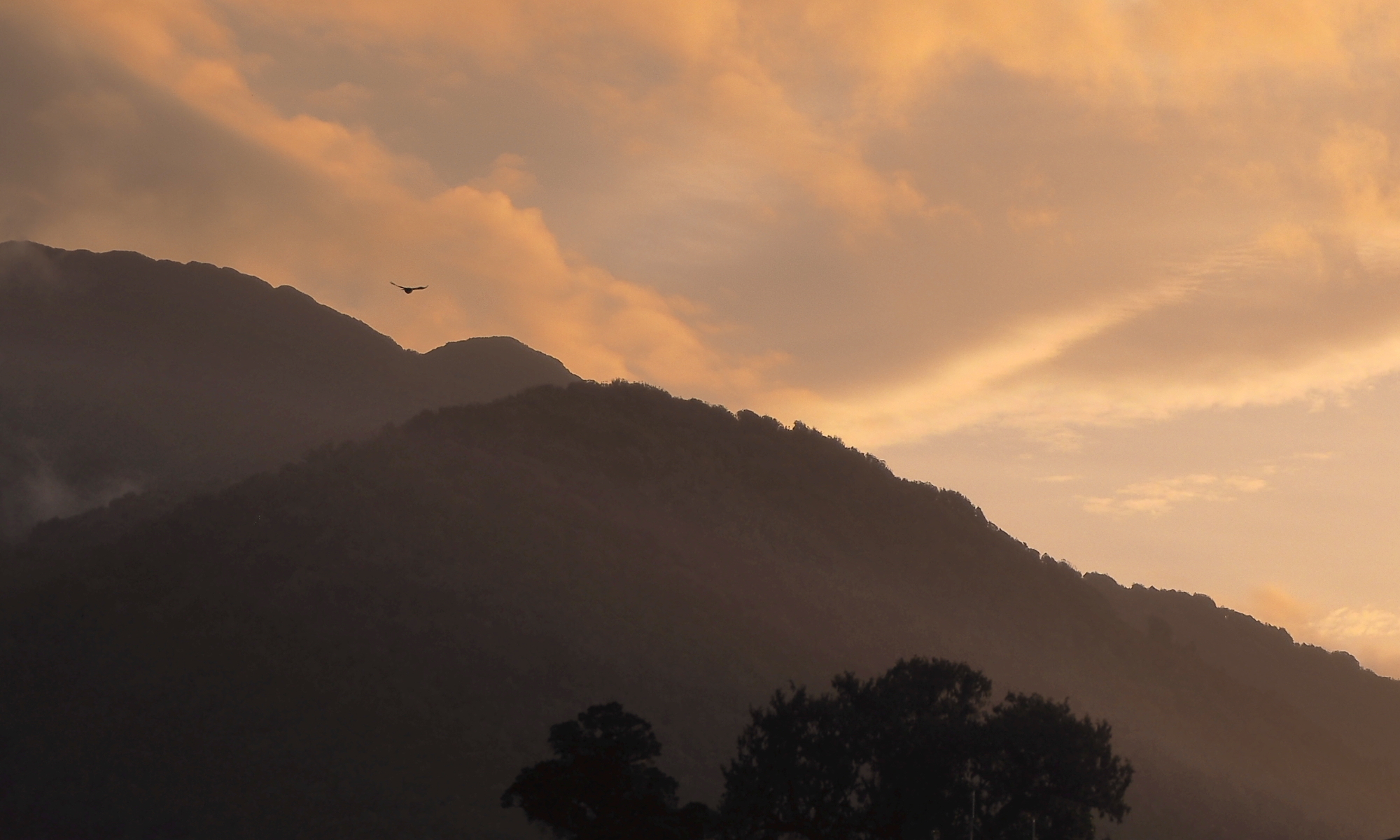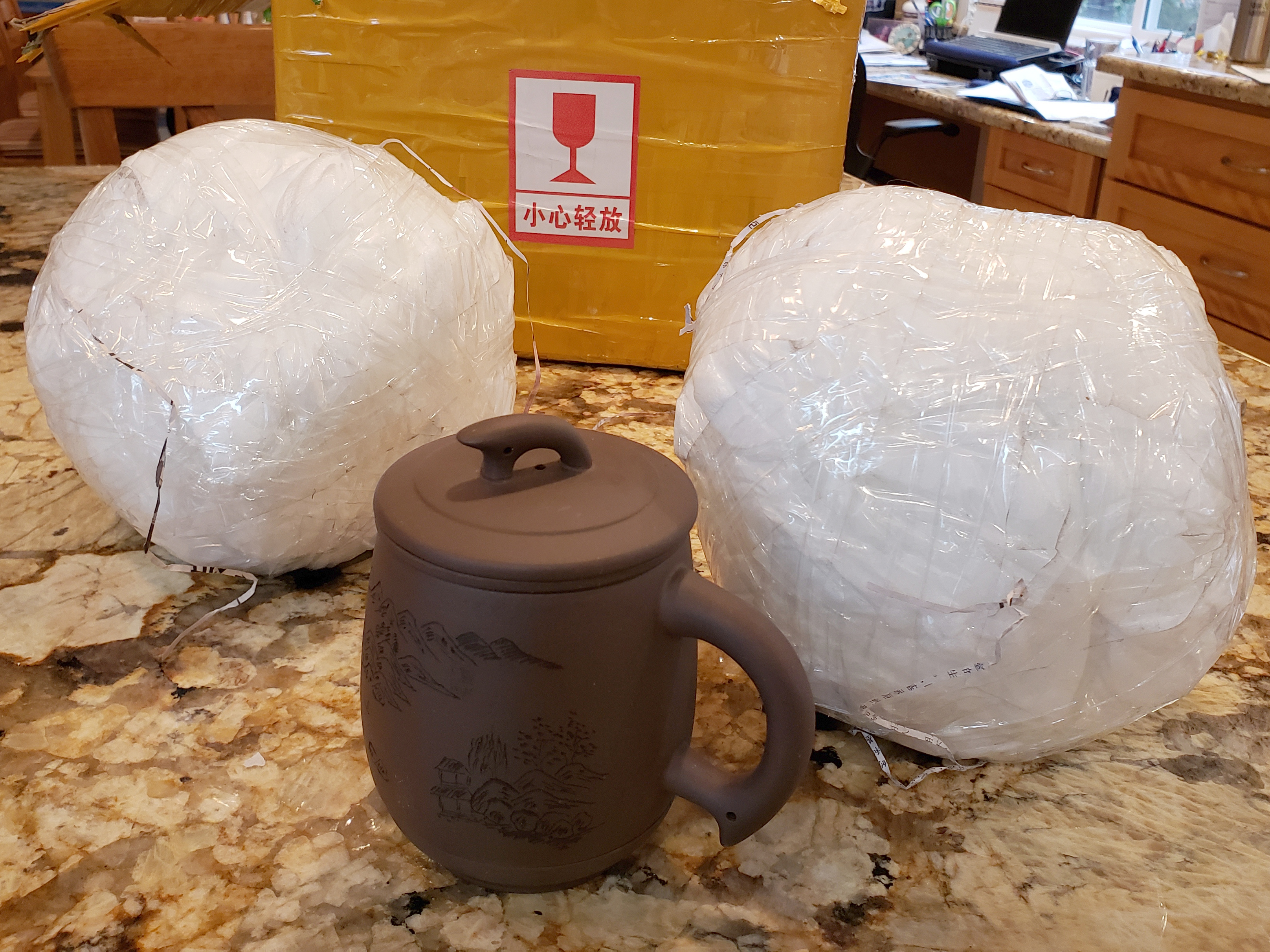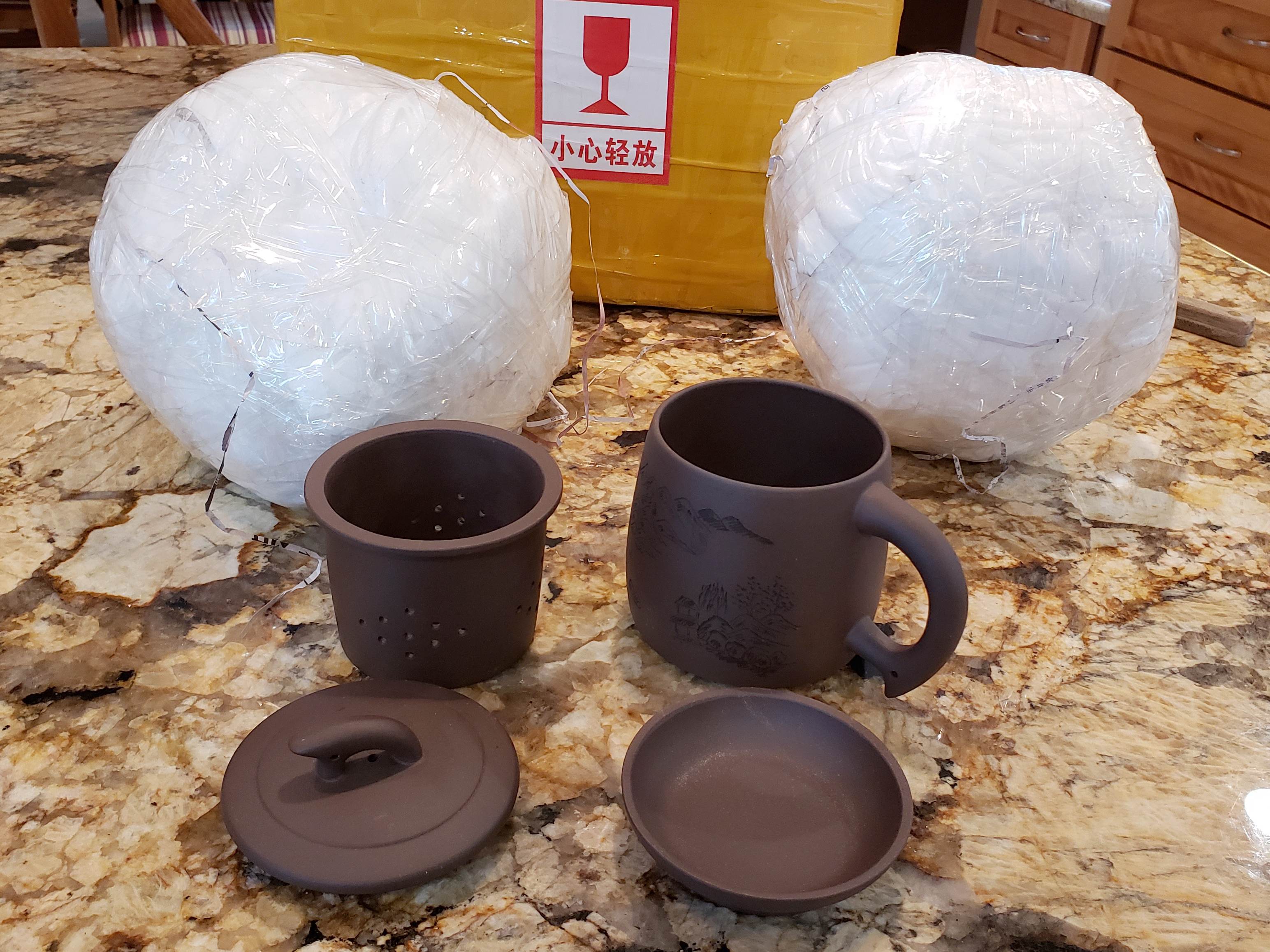I’m a tremendous fan of “Memories of Alhambra“, a Korean series of 16 episodes on Netflix. There are many excellent aspects — the acting is great, the actors are attractive and engaging, the scenery is interesting, the directing is wonderful, and the production qualities are great. The only negative I noticed, and it’s a small one, is that occasionally the editing seems a bit abrupt.
But the absolutely knockout feature of “Memories of Alhambra” is the writing. It is a wonderful and creative story. The characters are well-developed, believable, and complex. The secondary characters are just as real. The plot builds through the entire series, and is unpredictable to the end . Since I don’t speak Korean, I can’t really comment on the quality of the dialogue, but even through the subtitles it seems spot on to me.
So I was very interested to discover “W — Two Worlds“, an earlier series by the same writer, Song Jae Jung. It received rave reviews, but unfortunately is not available on Netflix. It is available, however, on viki.com, and I just finished watching it yesterday.
It is good, and it deserves the rave reviews. In my opinion it’s not at the same level as “Alhambra” in many ways — but it shares the same creative storytelling. One of the reviews said that it was instrumental in founding a new wave of Korean cinema, and I can see that.
“Alhambra” is science fiction, almost, where some attention is paid to having a basis in reality for the fantastic events. “W” is a fantasy about an alternate dimension, and there is no attempt to explain how the alternate dimension came into existence. You can only take it as a pure story; the alternate world is just an imagination that you have to accept for the story to proceed. Both main characters die, and are brought back to life through trans-dimensional manipulations, and you can’t be distracted by how this actually happens. This is where the true talent of Song Jae Jung is revealed — she is able to make you forget the absurd basis and fall into the story as a story.
“W” is also much more a conventional romance — every episode has a “kiss” scene between the two main characters, for example, and the ultimate resolution is them living “happily ever after” . This may be a bit too cliche for some — and there are hints in an interview that this may be a deviation from the original script.
The story goes through about 4 major arcs of death/despair to blissful romance, and it does get a bit predictable. And the series a bit too primary in its emotional colors. But I liked it. I notice that there is another Netflix series, “Nine: Nine Time Travels“, written by Song Jae Jung. Next on my list…



